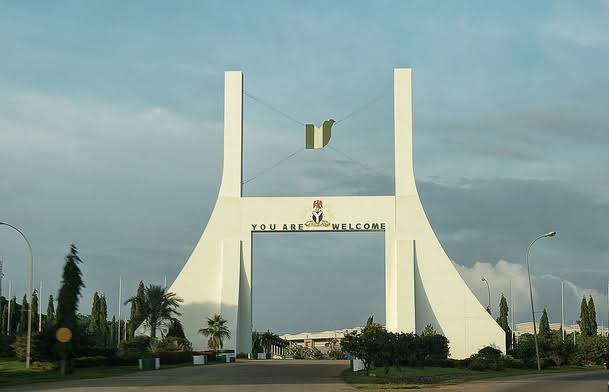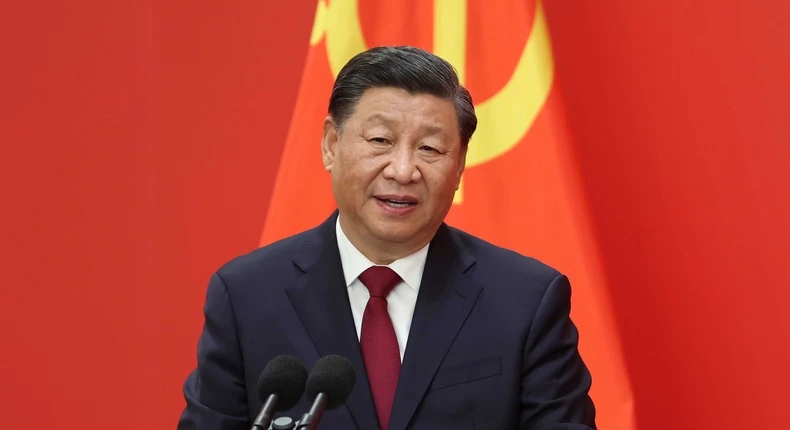The National Bureau of Statistics has stated that Nigeria’s GDP grew slightly in real terms during the third quarter of 2023, or 2.54% year over year. However, the country’s GDP remained muted.
According to The Punch, this growth rate is higher than both the 2.25 percent growth in Q2 2022 and the 2.51 percent increase in Q2 2023. The growth in the quarter was attributed to the service sector.
“In real terms, the GDP of Nigeria increased by 2.54% (year over year) in the third quarter of 2023,” the statement stated.
The NBS went on to say in its “Nigerian Gross Domestic Product Report (Q3, 2023),” which was made public on Thursday, “The performance of the GDP in the third quarter of 2023 was driven mainly by the Services sector, which recorded a growth of 3.99 per cent and contributed 52.70 per cent to the aggregate GDP.
The agricultural sector expanded by 1.30 percent, down from the 1.34 percent increase seen in the 2022 third quarter. The industry sector grew by 0.46 percent in the third quarter of 2022, an increase from the -8.00 percent growth that was previously reported. Agriculture and the industrial sectors made up a smaller percentage of the GDP in the third quarter of 2023 compared to the same period in 2022.
The NBS reports that oil production increased to 1.45 million barrels per day (mbpd) on a daily basis, from the 1.20mbpd recorded in the same quarter of 2022. This slowed the contraction in the oil sector in Q3.
According to the NBS, the oil industry’s share of the real GDP in Q3 2023 was 5.48 percent, which was less than the amount reported in the same time in 2022.
With positive growth in Information and Communication (Telecommunication), Finance and Insurance (Financial Institutions), Agriculture (Crop Production), Trade, Construction, and Real Estate, the non-oil sector of the economy grew by 2.75 percent in real terms in Q3 2023, contributing to positive GDP growth.
In Q3, 2023, the non-oil sector’s actual GDP contribution was 94.52%.
Nigeria’s economy has continued to grow slowly. Due to declining oil and gas production, the International Monetary Fund has revised down its forecast for the nation’s economic growth, bringing it down to 2.9% in 2023 by 0.3 percentage points.
Nigeria’s GDP has been predicted by the World Bank and IMF to expand by 2.9% in 2023. Short-term economic activity is predicted to be negatively impacted by reduced oil production, declining global oil prices, and recent legislative initiatives to eliminate fuel subsidies and harmonize currency rates.










